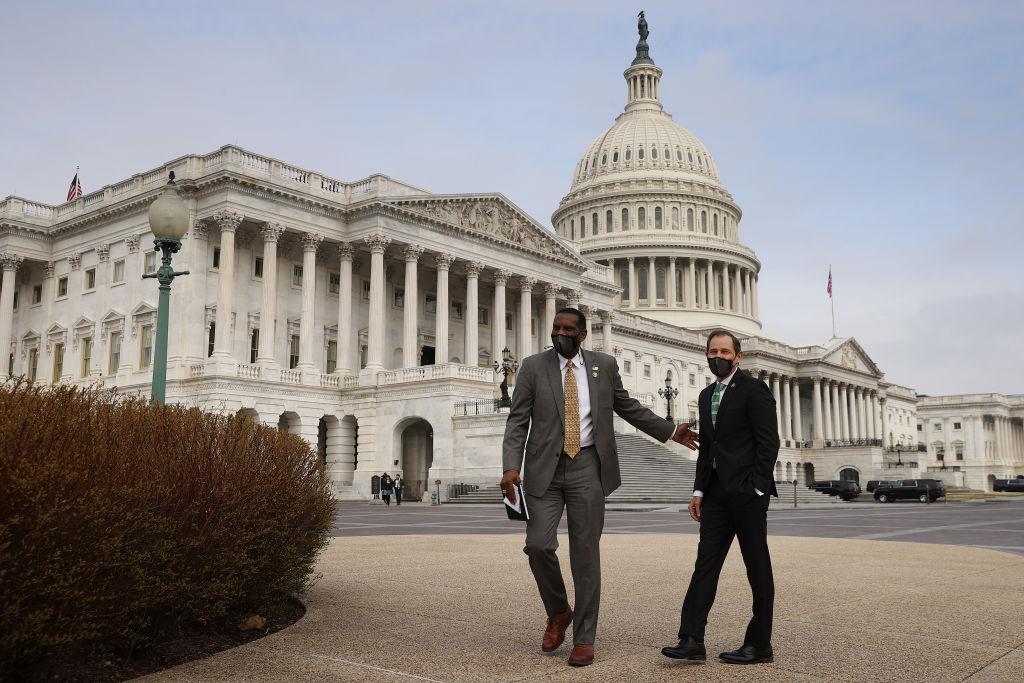While many Republican primaries for U.S. Senate seats on 2024 ballots across 34 states are getting crowded—with several promising inter-partisan pit fights—what had been a large field of prospective candidates appears to be getting smaller in Utah.
The latest speculative hopeful to formally declare he was not running is U.S. Rep. John Curtis (R-Utah), who has confirmed he will not enter the Republican primary to vie for the party’s nod to succeed retiring Sen. Mitt Romney (R-Utah).





